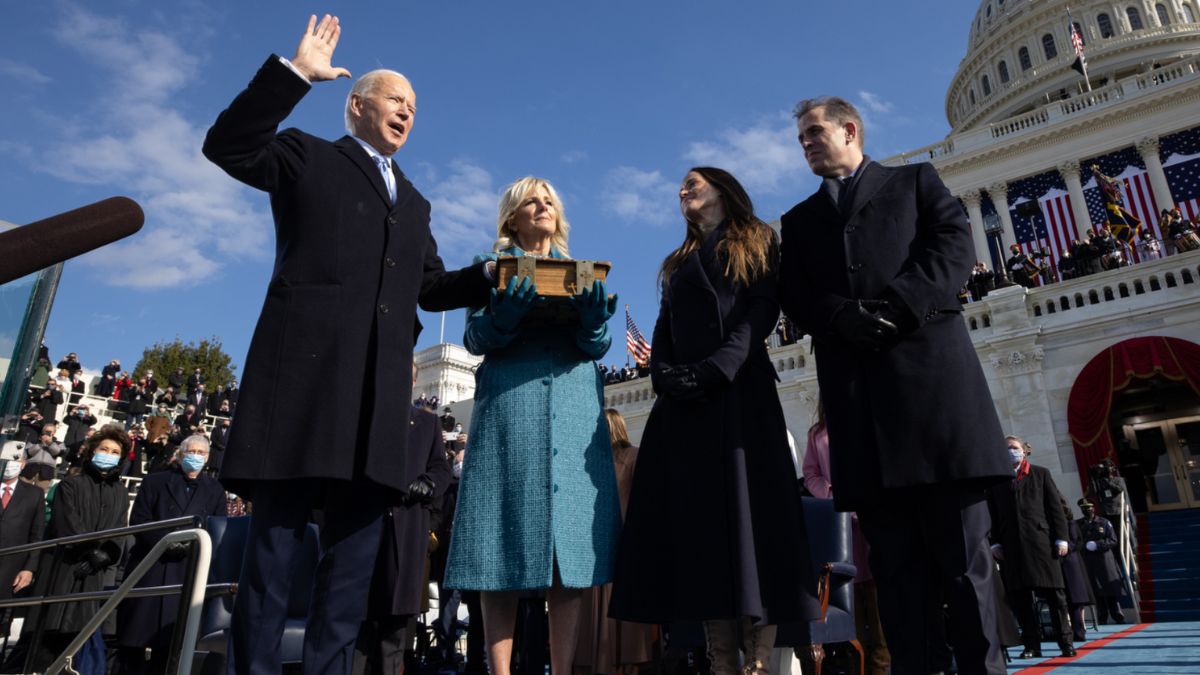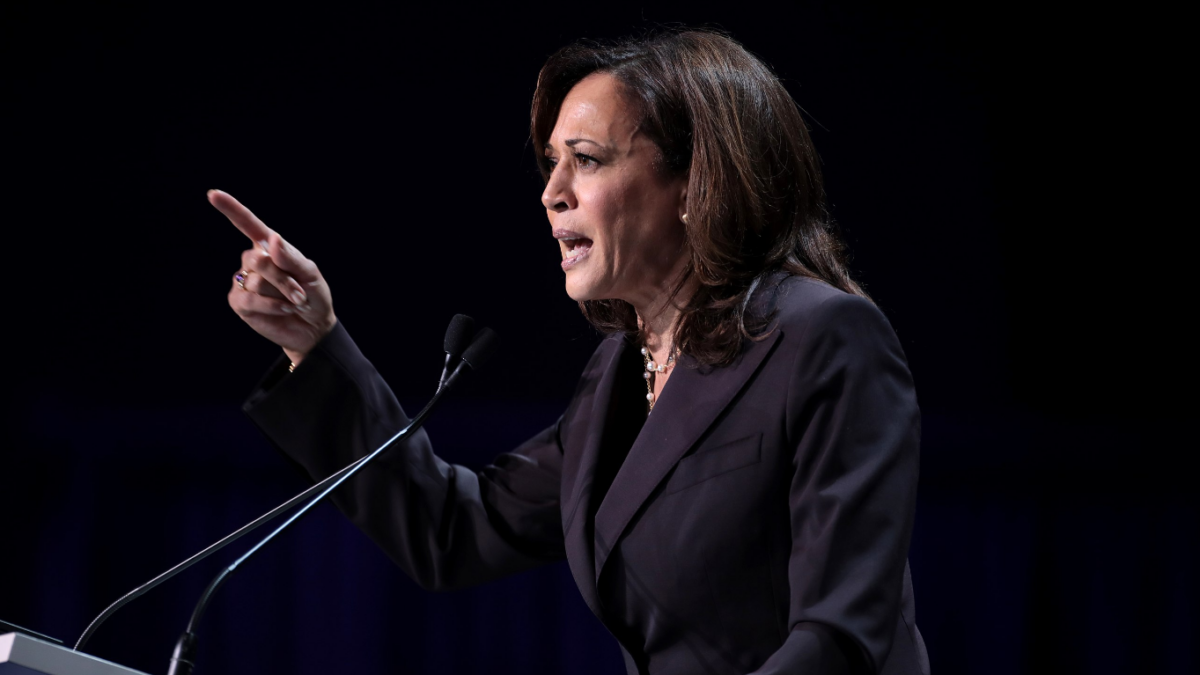
M.G. Oprea recently noted in these pages that speaking in Spanish may have been one of the few things Jeb Bush got right in his ill-fated campaign for the presidency. The manner in which Jeb dealt with bilingualism as an issue, however, was emblematic of the problems of his campaign, and of the Republican Party moving forward.
As Donald Trump surpassed Jeb as the frontrunner for the GOP nomination in 2015, Trump suggested Jeb should speak English in the United States as an example of how immigrants should assimilate in this country. Jeb responded that while immigrants should learn to speak in English, they do not need to stop speaking their native tongue.
But Jeb did not stop with that entirely apt reply. He sarcastically added that perhaps America should stop teaching foreign languages in our schools. Shortly thereafter, Jeb released a bilingual ad featuring his family, in which he said (in Spanish): “The United States of America is a great country, thanks to the people that come from all over the world, contributing to our economy and community. To me, Hispanic culture is very important and positive.”
Jeb’s messages, that bilingualism is to be encouraged and that the USA is great because immigrants come here to contribute, may have helped him with Latino voters, but they also played into Trump’s hands. Some GOP primary voters may have been reminded that Jeb prides himself on being not only bilingual, but also bicultural. They also may have been reminded that Jeb supports immigration by the more fertile to help shore up our entitlement state. Jeb’s fight with Trump served to highlight cultural concerns harbored inside and outside Trump’s core of support.
How About a More Assimilationist Approach
Compare Jeb’s fight against Trump with the approaches of their Latino primary rivals, Marco Rubio and Ted Cruz. Rubio in particular would always approach these issues from the frame of his biography, that he was taught by his Cuban immigrant grandfather that he was “blessed” to live in the United States. He also framed his bilingualism as practical politics to reach the broadest audience with the lesson he was taught.
Cruz similarly highlighted his father’s escape from Cuba, at least until that narrative became controversial. Later, he used his limited ability in Spanish as part of an attack on Rubio’s bilingualism.
Examining the range of ways the top tier of candidates approached the issue, it seems clear that bilingualism became a proxy for larger issues. Jeb’s approach to the question likely reinforced his image among a large segment of the GOP primary pool as backing multiculturalism over assimilation (see also his support for Common Core education standards), particularly in contrast to Trump. Rubio and Cruz could frame their bilingualism as an advantage of their forebears having escaped a disliked Spanish-speaking country (although Cruz ultimately chose to portray bilingualism as a way Rubio could talk out of both sides of his mouth).
In contrast, Jeb’s biographical connection to bilingualism limited his ability to finesse such issues. His Mexican-born wife, Columba, by his own admission transformed his life. As romantic as that story is, it would have been absurd for him to pretend as a candidate that he disliked Mexico or viewed bilingualism as a mere political tool. This also meant, for example, that Jeb’s demand that Trump apologize to Columba for suggesting that Jeb’s views on immigration were shaped by his marriage was doomed as a political tactic.
While Jeb seemingly made the mistake of taking business personally (one perhaps unavoidable when the presidency has become a far too personal presence in public life), his fate has broader implications for the Republican Party. Indeed, Jeb, Trump and Rubio anthropomorphize the GOP’s current difficulty in an almost literary fashion.
Don’t Steamroll, But Do Blend
Trump was able to secure a plurality of the GOP primary vote, but his “English Only” style of politics makes his signature proposals less popular. In the medium- to long-term, running aggressively against demographic trends would help bring about the Left’s theorized “Emerging Democratic Majority.” Moreover, Trump’s pugnacious politics have proven to be a tough sell even among college-educated white voters, at traditional Republican bloc.
Jeb—and more importantly, the donor class that backed him—will be tempted to credit Trump’s victory over Jeb to factors like a gross disparity in media coverage. But Trump’s rise also represents the continuation of a party schism on issues like immigration that extends at least as far back as President George W. Bush’s push for comprehensive immigration reform and Californian politics of the late 1990s. Establishment attempts to cobble together a bipartisan coalition large enough to steamroll the Republican grassroots have been as counterproductive for the GOP at the presidential level as Trump’s approach threatens to be.
Rubio, by shifting at least twice on immigration, made himself unpopular to the donor class and immigration hawks. But a more consistent candidate like Rubio could frame the issue in a way that would reduce the tension between the GOP’s competing factions. Republicans may need that multilingualism as much as they need to speak in Spanish.









